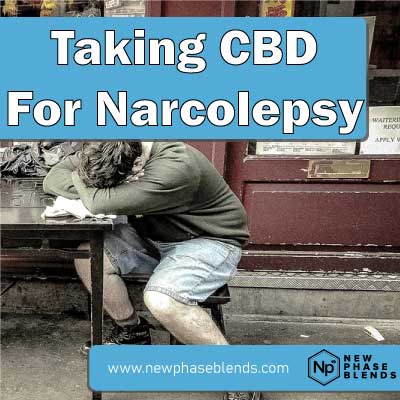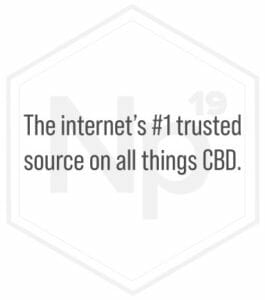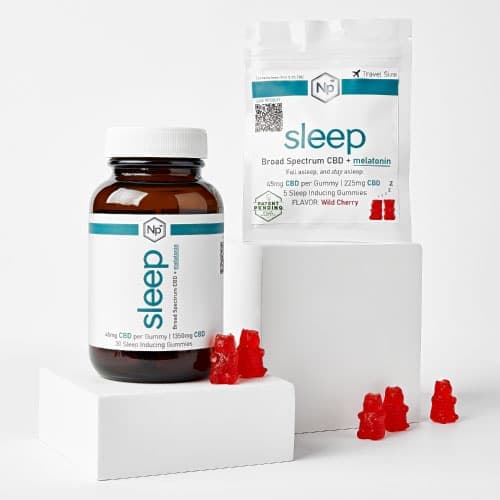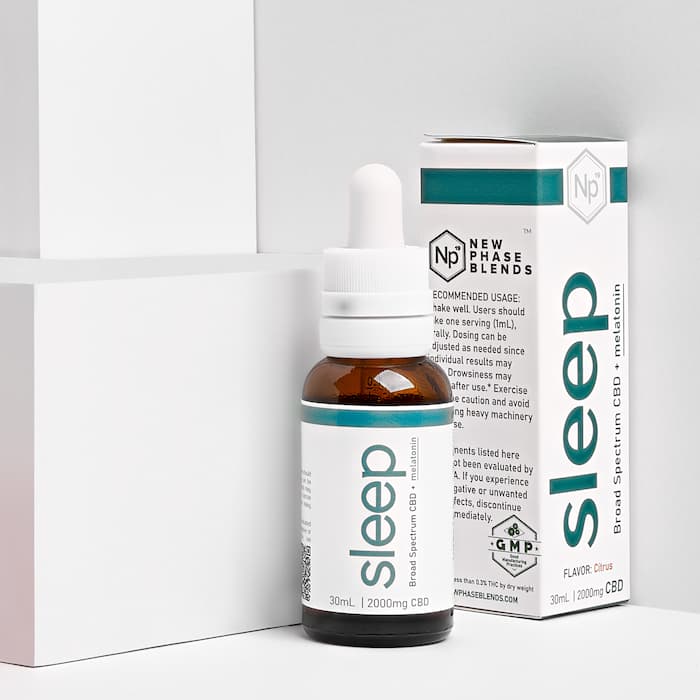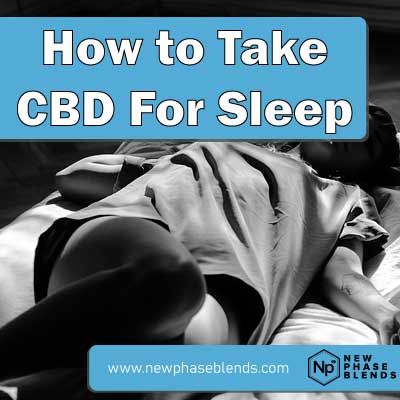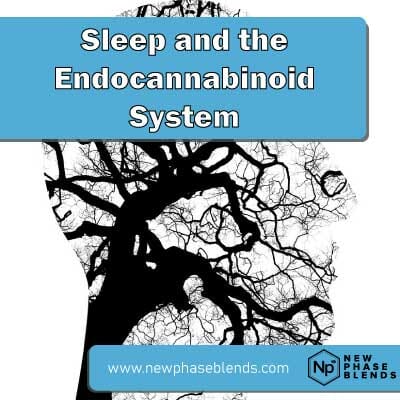Having Narcolepsy is a life changing experience, and not in a good way. People must learn to manage their life in a way that revolves around sleep cycles than can, literally, come and go in a split second. While narcolepsy is typically treated with medications such as stimulants, antidepressants, and sodium oxybate, more and more people are turning to cannabidiol (CBD) as a natural alternative for managing their symptoms. Does CBD oil help Narcolepsy symptoms? In this article, we’ll cover the research surrounding cannabidiol use, and whether or not it will help manage symptoms associated with Narcolepsy.
CBD and Excessive Daytime Sleepiness
By far, one of the most common symptoms of narcolepsy is excessive daytime sleepiness (EDS), which can significantly affect a person’s ability to conduct basic tasks throughout their day. A study published in Current Psychology Reports found that CBD was able to reduce EDS in patients with narcolepsy.
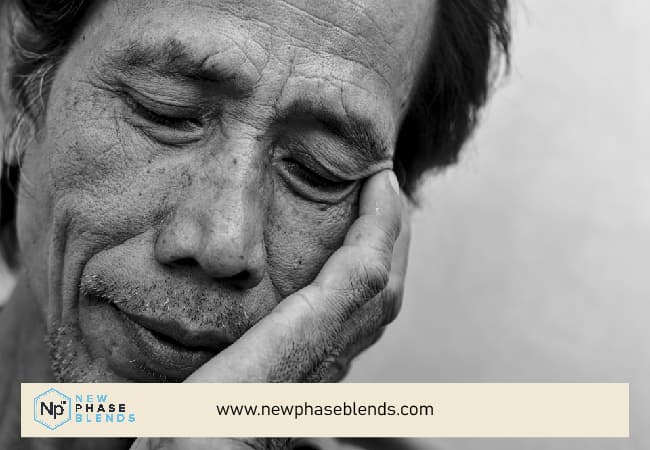
Participants in the study were given a daily dose of CBD oil for 28 days, and at the end of the trial, they reported a significant decrease in EDS and an improvement in overall sleep quality. More research in CNS and Neurological Disorders found that CBD helped wake-related neurochemicals in animal studies.
While there is no conclusive evidence that cannabidiol will help with EDS, it looks like the beginning stages of research are promising for people with narcolepsy.
CBD and Cataplexy
In addition to reducing EDS, CBD may also be helpful in managing cataplexy. This is a sudden loss of movement that can be triggered by emotions such as laughter or surprise. Cataplexy can cause a person to collapse or become unable to move. As you can imagine, this can be quite scary. It’s often associated with something called Sleep Paralysis, which we’ll get into next. A 2018 study published in the Journal of Clinical Psychology found that CBD was able to reduce the frequency and severity of cataplexy in patients with narcolepsy.
Again, all of this research is in initial stages, but it looks promising.
CBD and Sleep Paralysis
Another symptom of narcolepsy that CBD may be able to help with is sleep paralysis. Sleep paralysis is a temporary inability to move or speak that can occur during the transition between wakefulness and sleep. It can be accompanied by vivid hallucinations and a feeling of impending doom. A 2021 study published in Neurotherapeutics found that CBD was able to reduce the frequency and duration of sleep paralysis in patients with narcolepsy.
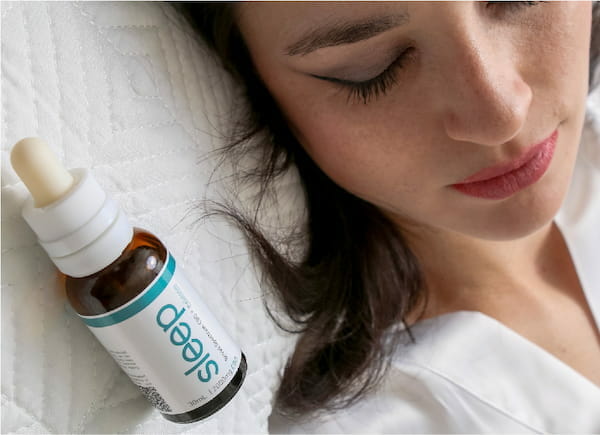
I’ve read some studies on Sleep Paralysis, and let me tell you – it sounds terrifying. People struggling with Sleep Paralysis can benefit from CBD use, it seems.
CBD and Other Symptoms Associated With Narcolepsy
CBD may also be beneficial for managing other symptoms of narcolepsy such as insomnia, anxiety, and depression.
Insomnia
Insomnia is a common complication of narcolepsy, and CBD has been shown to improve sleep quality and reduce the time it takes to fall asleep. Many people report taking CBD gummies for sleep issues, and most have wonderful things to say about it.
Anxiety and Depression
Anxiety and depression are also common in people with narcolepsy, and CBD has been shown to have anxiolytic and antidepressant effects. In fact, of all reported uses of CBD products, the second most reported use is to help people manage their anxiety. It seems CBD really does wonders for people in this regard.
Should I Take CBD Oil Products for Narcolepsy?
If you struggle with any of the symptoms covered in this article, you may get significant benefit from using CBD oil. Most people who are narcoleptic are on a medication regimen. If this is the case, talk with your doctor about adding CBD oils or CBD gummies to your supplement routine.
Summary – Does CBD Help Offer Relief From Narcolepsy?
I want you to keep something in mind: it’s important to note that while CBD may be beneficial for managing the symptoms of narcolepsy, it should not be used as a replacement for traditional treatment options. It is always best to speak with your doctor before you try to start any new treatment, including CBD. They know your healthcare situation better than any online blog will.
CBD is a natural alternative that may be beneficial for managing the symptoms of narcolepsy. Some of these symptoms include excessive daytime sleepiness, cataplexy, and sleep paralysis. People that struggle with Narcolepsy also report having insomnia, anxiety and depression, which CBD can help manage. More research is needed to fully understand the effects of CBD on narcolepsy, but the current available studies suggest that it may be a promising option for people with this disorder. If you are considering using CBD for narcolepsy, look to our online CBD store for high-quality products, free shipping, and a money back guarantee. Thousands of people trust New Phase Blends to deliver nothing less than a stellar CBD product.



